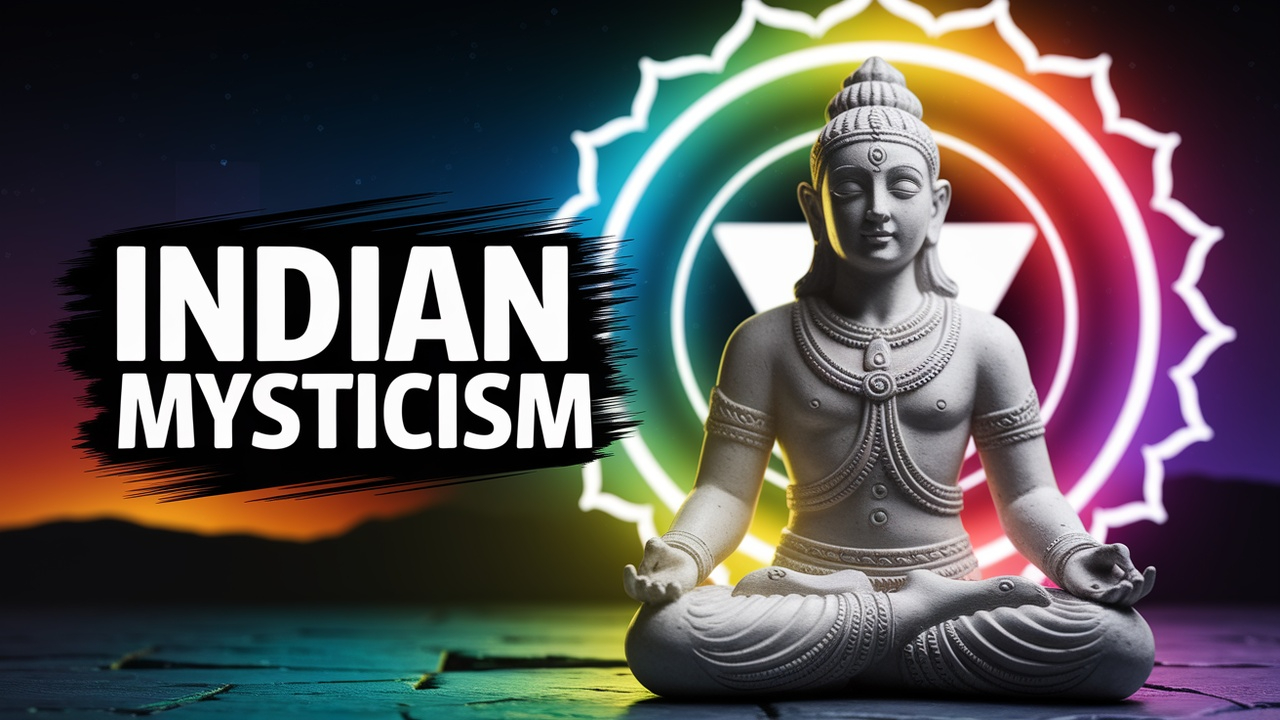
This course delves into the profound teachings of the Upanishads, exploring their philosophical underpinnings and mystical insights. Participants will engage with ancient texts, unravel the essence of self-realization, and connect with the spiritual heritage of India.
Course Levels
-
Level 1: Introduction to Upanishads
This level introduces the foundational concepts of the Upanishads, their historical context, and significance in Indian philosophy.
-
Level 2: Core Philosophies of the Upanishads
Participants will explore the central philosophies presented in the Upanishads, including concepts of Brahman and Atman.
-
Level 3: Meditation and Mystical Practices
This level focuses on the practical applications of Upanishadic teachings through meditation and other spiritual practices.
-
Level 4: Comparative Philosophies
Participants will engage in comparative analysis between Upanishadic philosophies and other spiritual traditions.
-
Level 5: Advanced Mystical Insights
This level examines advanced concepts and interpretations of Upanishadic texts, alongside their implications for modern spirituality.
-
Level 6: Practical Application of Upanishadic Wisdom
Participants will explore how to incorporate the teachings of the Upanishads into daily life and personal transformation.
-
Level 7: Synthesis and Reflection
This final level encourages participants to synthesize their learning and reflect on their spiritual journey throughout the course.
Course Topics
-
Karma and Rebirth in Upanishadic Thought
# Karma and Rebirth in Upanishadic Thought ## Introduction The concepts of Karma and Rebirth are central to Upanishadic philosophy, reflecting the intricate interplay between one's actions and the cy...
-
Integration with Modern Spiritual Practices
# Integration with Modern Spiritual Practices Modern spiritual practices have increasingly integrated teachings from ancient texts, including the Upanishads, reflecting a blend of traditional wisdom ...
-
Importance of the Upanishads in Indian Culture
# Importance of the Upanishads in Indian Culture The Upanishads, a collection of philosophical texts that form the concluding part of the Vedas, hold a significant place in Indian culture. They are n...
-
Comparison with Buddhism: Similarities and Differences
# Comparison with Buddhism: Similarities and Differences In this section, we will explore the philosophical similarities and differences between the Upanishads, which are foundational texts of Indian...
-
Mysticism in the Upanishads
# Mysticism in the Upanishads The Upanishads, ancient texts pivotal to Indian philosophy, delve into the nature of reality and the self. They are revered for their exploration of mysticism, which tra...
-
Upanishads and Advaita Vedanta
# Upanishads and Advaita Vedanta ## Introduction to Upanishads The Upanishads are ancient Indian texts that form the philosophical backbone of Hinduism. They are considered the end part of the Vedas,...
-
Future Directions in Personal Spiritual Growth
# Future Directions in Personal Spiritual Growth In the context of the Upanishads and Indian Mysticism, personal spiritual growth is not just a journey but a transformative experience that can evolve...
-
Maya and the Nature of Reality
# Maya and the Nature of Reality ## Introduction The concept of **Maya** is central to understanding the philosophical underpinnings of the Upanishads and Indian mysticism. In this context, Maya refe...
-
The Role of Grace in Spiritual Awakening
# The Role of Grace in Spiritual Awakening ## Introduction Grace, a profound and often misunderstood concept, is seen as a divine influence that plays a pivotal role in the journey of spiritual awake...
-
Building a Personal Practice: Integration of Insights
# Building a Personal Practice: Integration of Insights ## Introduction In the exploration of Upanishadic wisdom, the aim is not just to understand the philosophies and concepts, but to integrate the...
-
Mindfulness and Presence in Everyday Life
# Mindfulness and Presence in Everyday Life Mindfulness is the practice of being present and fully engaged with the current moment, free from distraction or judgment. It is a concept deeply rooted in...
-
The Nature of Enlightenment in the Upanishads
# The Nature of Enlightenment in the Upanishads The Upanishads, ancient Indian texts that form the philosophical backbone of Hinduism, delve deeply into the concept of enlightenment. This enlightenme...
-
Understanding Brahman: The Ultimate Reality
# Understanding Brahman: The Ultimate Reality ## Introduction In the philosophy of the Upanishads, Brahman is considered the ultimate reality, the source of all existence. Unlike the personal gods of...
-
Final Assessment: Integrating Knowledge and Experience
# Final Assessment: Integrating Knowledge and Experience ## Introduction In the context of Level 7: Synthesis and Reflection, the final assessment serves as a culmination of your journey through the ...
-
Experiencing Non-Duality
# Experiencing Non-Duality Non-duality, a central theme in the Upanishads and Indian Mysticism, refers to the understanding that there is no separation between the self (Atman) and the ultimate reali...
-
The Concept of Atman: The Individual Soul
# The Concept of Atman: The Individual Soul ## Introduction to Atman Atman, a key concept in the Upanishads, refers to the individual soul or self. It is considered the true essence of an individual,...
-
The Relationship Between Brahman and Atman
# The Relationship Between Brahman and Atman In the exploration of Upanishadic philosophy, one of the most profound concepts is the relationship between Brahman and Atman. Understanding this relation...
-
Exploring the Concept of Liberation (Moksha)
# Exploring the Concept of Liberation (Moksha) Moksha, often translated as liberation or release, is a fundamental concept in Indian philosophy and spirituality, particularly within the context of th...
-
Living According to Upanishadic Teachings
# Living According to Upanishadic Teachings The Upanishads, ancient Indian texts, are foundational to Indian philosophy, spirituality, and mysticism. They offer profound insights into the nature of r...
-
Transcendence and Immanence
# Transcendence and Immanence In the context of the Upanishads and Indian Mysticism, the concepts of transcendence and immanence are pivotal in understanding the nature of the divine and its relation...
- And 15 more topics...